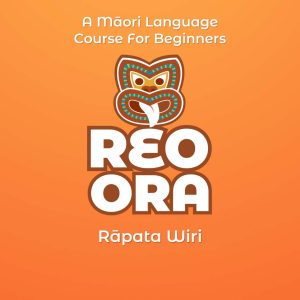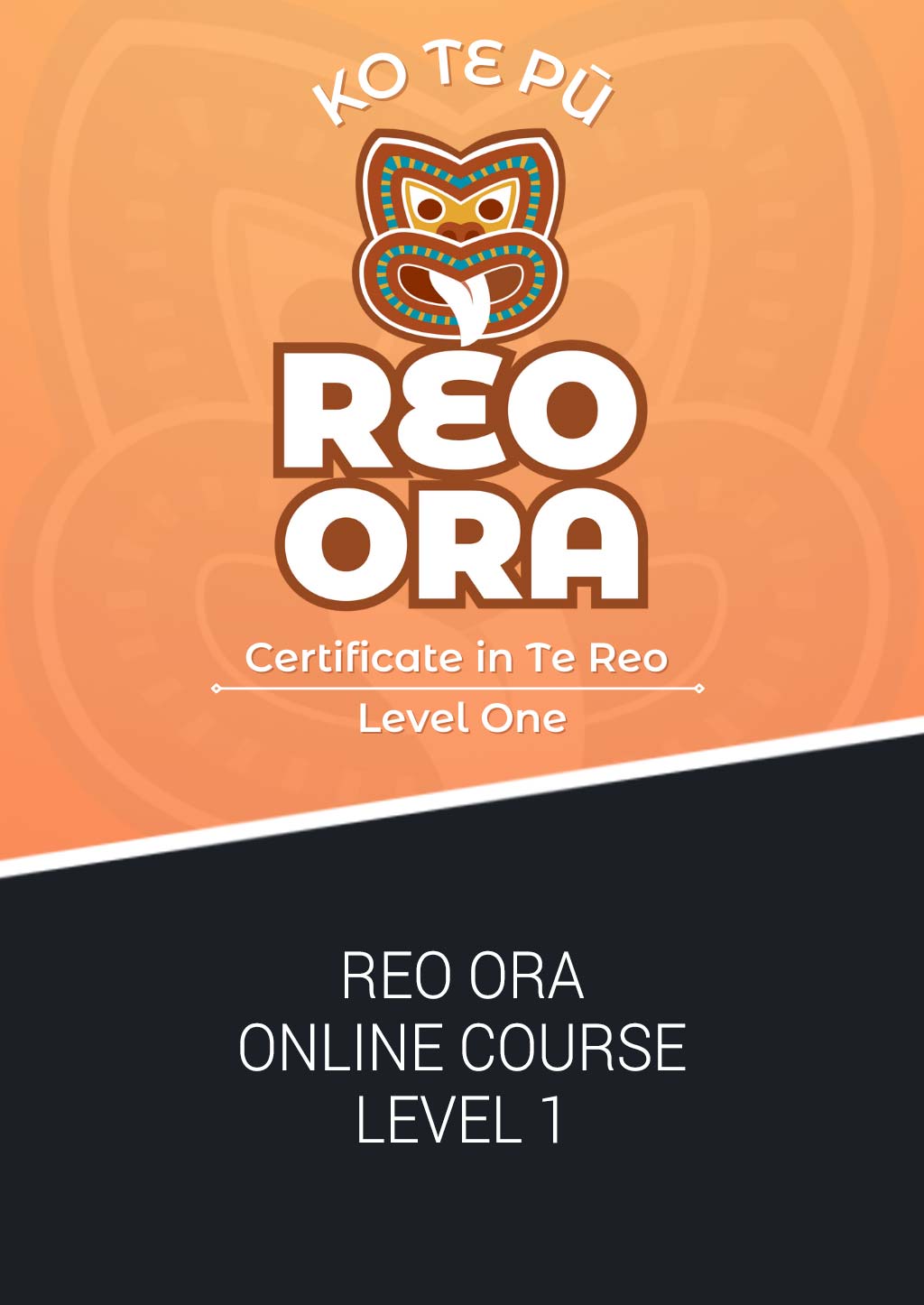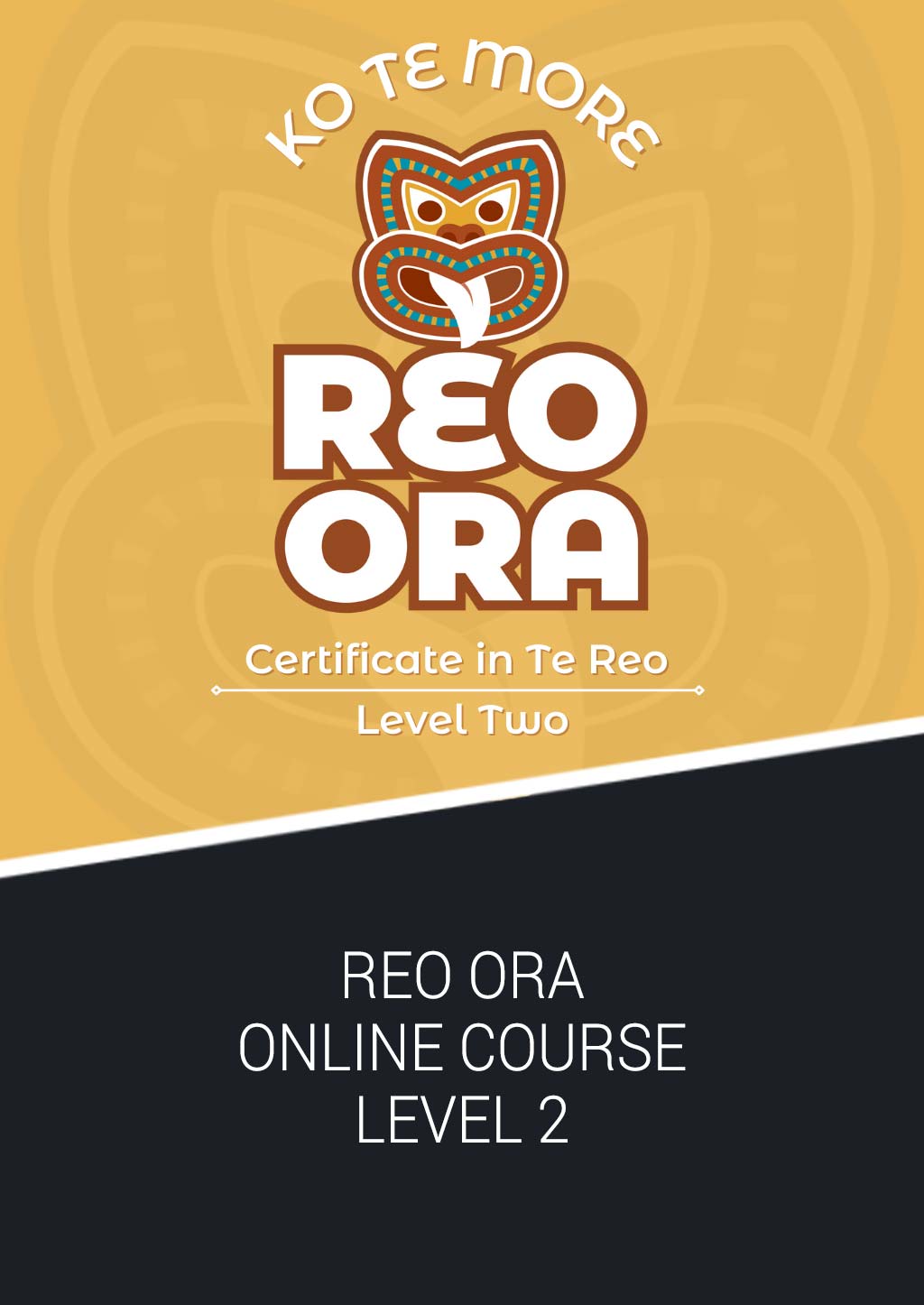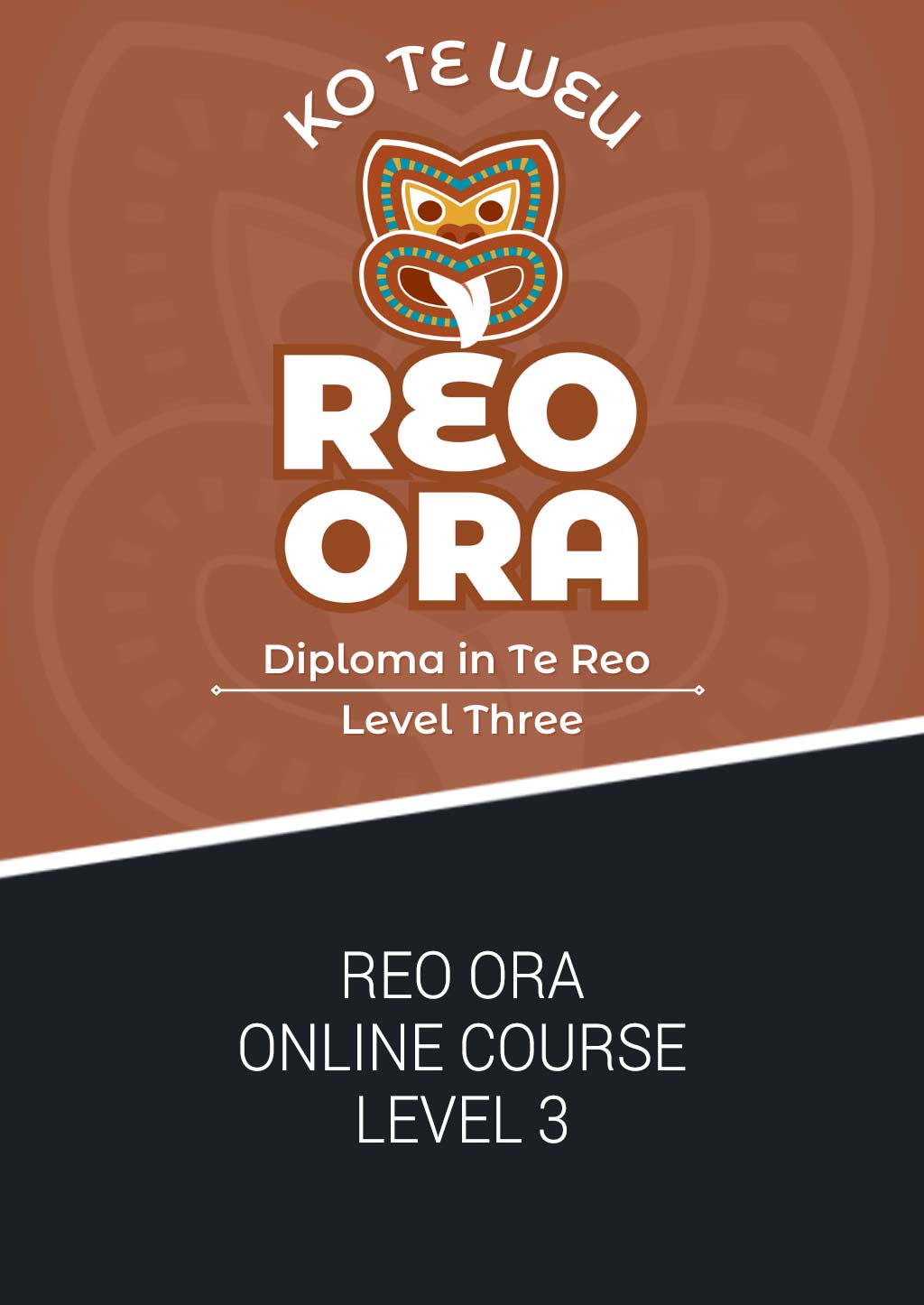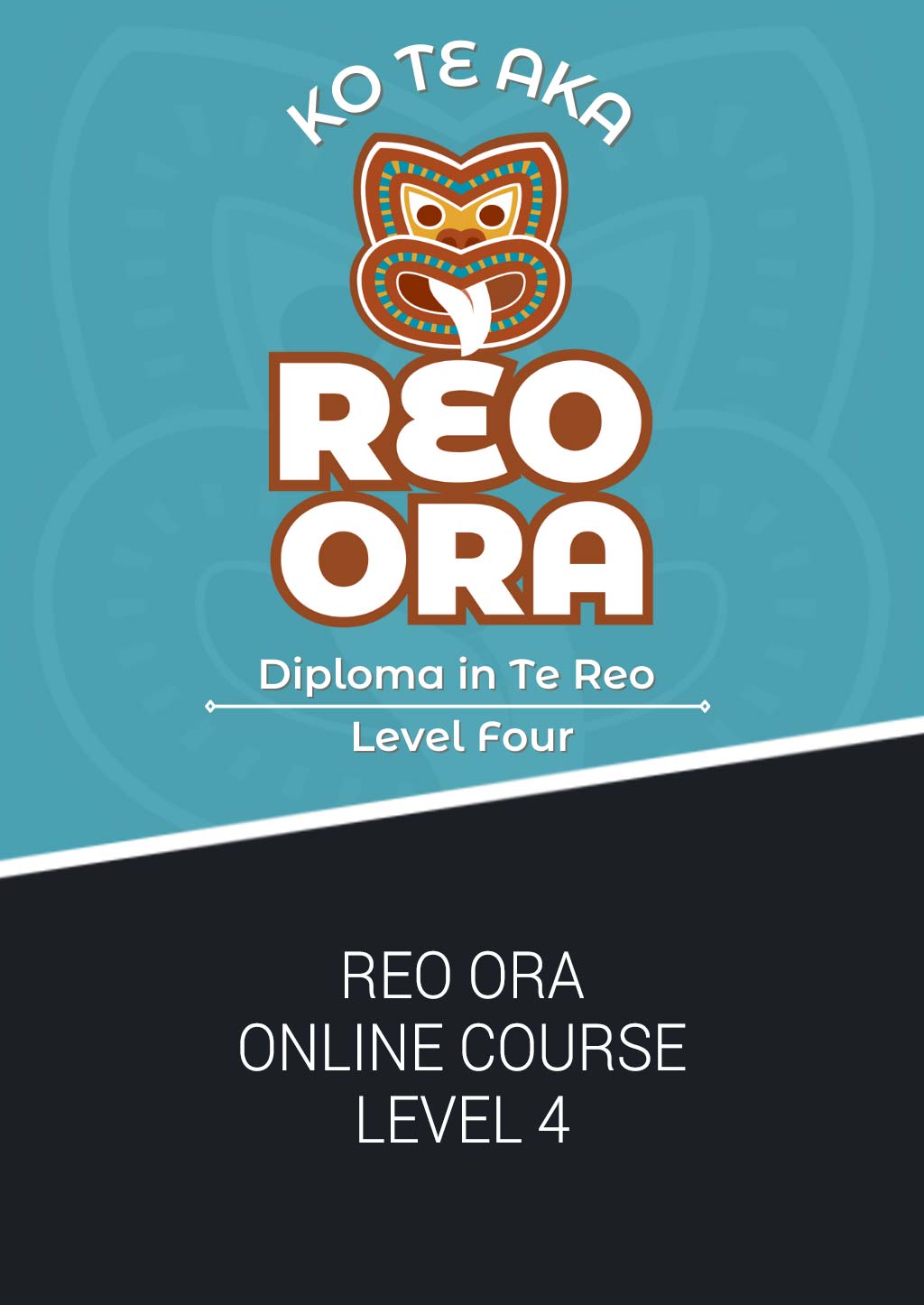
25 Aug 7 Mistakes People Make When Learning Te Reo Māori
Tēnā koutou e hoa mā!
Hello there friends and whānau!
I’m happy to welcome you here. And help make your language learning journey faster, easier, and more fun. 🙂
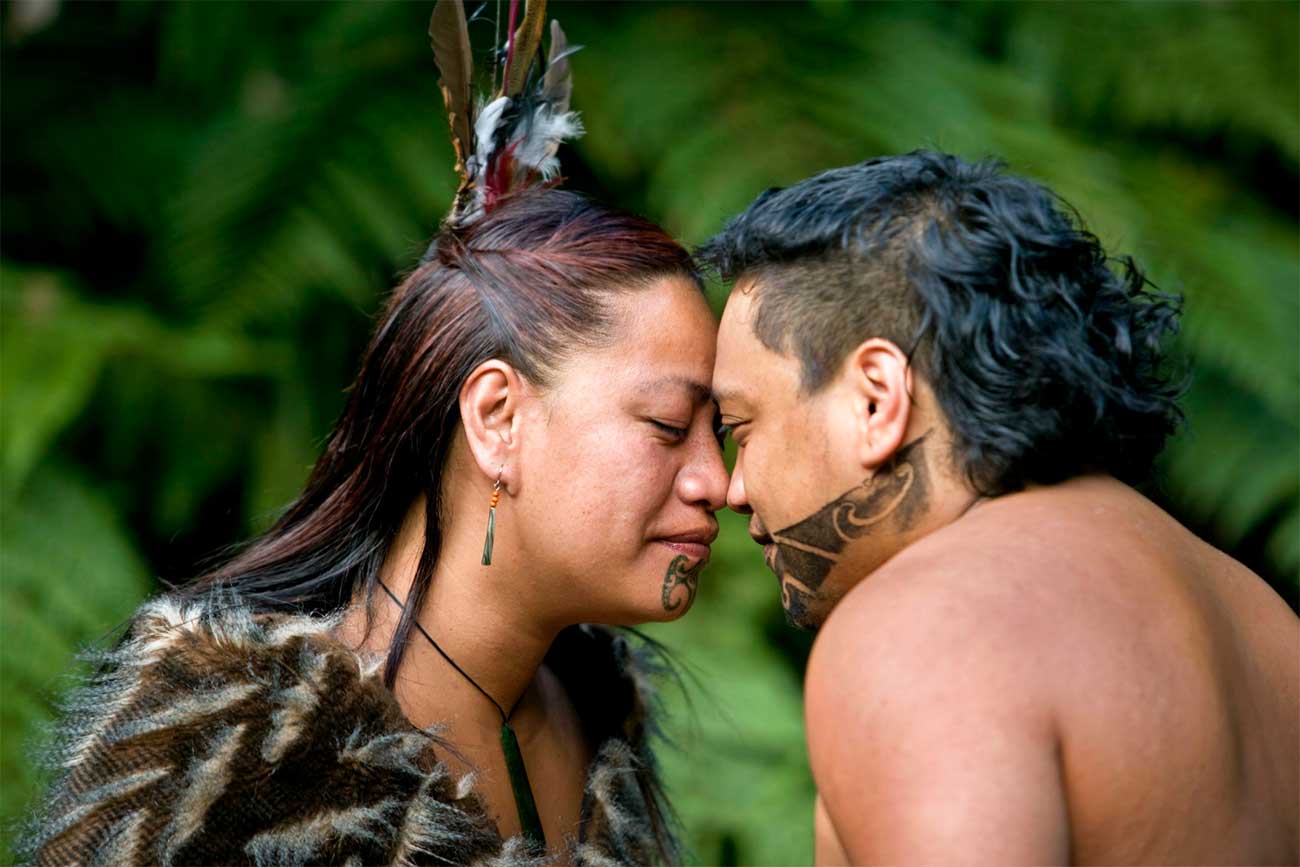
Te Reo Māori is such a beautiful language. It’s so easy to learn, and it’s one of the official languages of New Zealand.
Based on my decades of Māori teaching experience, here are the most common 7 mistakes that you can overcome to learn Māori quicker (and have fun while doing it).
The Origins of Te Reo Māori?
Te Reo Māori is part of the Eastern Polynesian language family and is closely related to Hawaiian, Tahitian and Cook Islands Māori. Te Reo Māori became one of New Zealand’s official languages in 1987.
According to oral traditions, the Māori people came to New Zealand from Hawaiki. Current anthropological studies place their origin in Eastern Polynesia, most likely from the Southern Cook or Society Islands Region. They arrived by seagoing canoes. Their language and its dialects developed in isolation until the 19th century.
Fun Fact –
Did you know that before European settlement in New Zealand in the 1800’s, Te Reo Māori was the only language spoken in New Zealand.
Are There Any Benefits To Learning Te Reo Māori?
Learning a language has proven benefits for the human brain, like:
- Improves your memory
- Helps overall brain development
- Helps you meet new people and interact with them, learn their stories and enrich your human experience
- Develops your ability to multitask
- Makes you more marketable by increasing your employment opportunities, good university opportunities, and such.
- Enriches you through access to literature and ideas in that language (which are not always available in translation)
However, learning a language that re-connects you to your roots, your history, your land is something way beyond. Learning Te Reo Māori is honouring your own history.
Is The Process Of Learning Māori Difficult?
I like to think of this (every time I face any kind of fear) with a funny imaginary situation.
My ancestors did not face the bone-biting cold, hunt the huge moa, forage for food in dense and unforgiving forests…just for me to be afraid of a language. 🙂
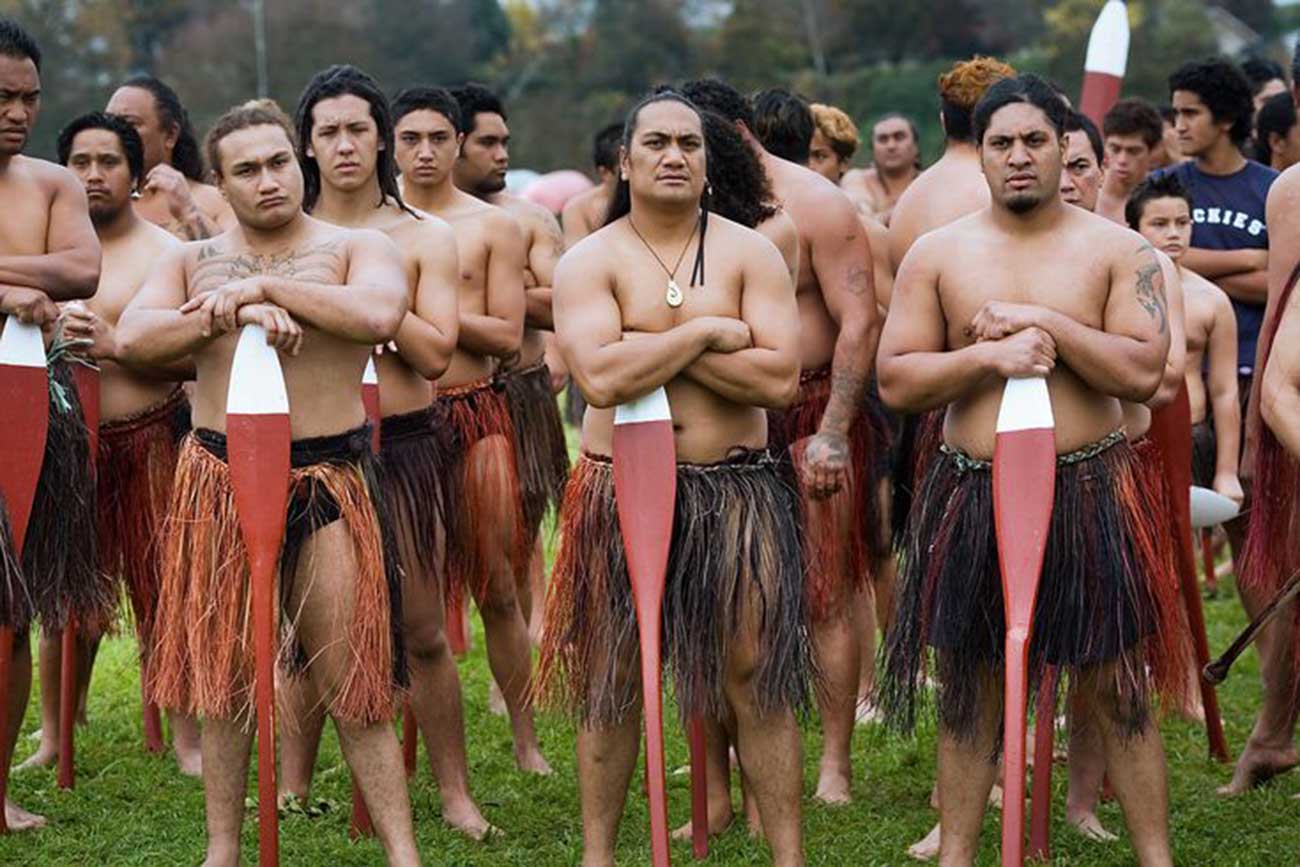
Hope this perspective helps you too in overcoming your fears.
The 7 Mistakes People Make When Learning Te Reo Māori
If you are learning Māori right now, or wish to learn it but are hesitant, these 7 points will help you.
1. You are afraid of making mistakes
No matter what you do in life, at some point in time, you are bound to make a mistake.
It is part of the learning process.
Best way to not be afraid of making mistakes is to remember they are opportunities to learn from.
Learn from your mistakes and move ahead.
Nothing to be afraid of.
Good thing about learning Te Reo Māori is that many mistakes can be funny. So laugh. Learn. Move on.
The initial learning process is slow. You will miss a few vowels here and there. You will not pronounce some phrases as required. But in the long run, all this will amount to you being really good at the language.
2. Your mindset can support you better

Language learning is perhaps one of the nicest and fun ways to improve your mindset around your own capabilities – when you see yourself communicating in a new language – it does build self respect.
When you overcome, slowly but eventually, all your hesitations, fears, challenges as you learn the Te Reo Maori language from ground up, that becomes your success story.
And this success has a ripple effect on other challenges in your life.
This builds your growth mindset. And you cannot go through life without it.
3. Your timeframe of learning is not realistic
Have patience with yourself. You are not a machine.
Patience is one of the most underestimated strengths.
Patience nurtures confidence, decisiveness and a thoughtful outlook of life.
Here are a few things you could try and exercise to keep your patience levels balanced:
- Take time to cool off.
- Don’t go so hard on yourself.
- Stay fresh – the fresher your brain is, the higher your productivity.
Be more realistic with your learning time frame.
You are nurturing a skill – so be warm, tender and patient with it. Here at our company, we produce patient-driven individuals with our well-crafted lessons that are easy, quick and fun to go through.
4. You are not a good listener
Listening is probably one of the oldest and most effective methods of learning.
The better you are at listening, the stronger your mind’s cognitive networks become.
What might seem difficult at first, becomes 10 times easier simply by being a better listener.
5. You don’t practise enough
Your brain’s synaptic connections (connections between the neurones) become stronger when you practise something often.
And when you practise enough, your confidence levels improve, you feel more comfortable using the language eventually making you become self-spoken.
Familiarising yourself with the know-hows within the language can take different forms, which brings me to the next point.
6. Understand your style
People tend to have different styles of conceptualising new skills.
You can pursue different styles when learning the Te Reo Māori language.
Linguistic – There is a common misconception that people with strong linguistic intelligence are best at learning foreign languages. That’s not always true. People with such intelligence are good with words. However, this is often a barrier at the beginning of their learning adventure. Many of them are blocked and don’t speak because they are afraid of making an error. And that’s a mistake!
Pro Tip –
Do crosswords and language puzzles, learn and retell stories, translate texts or films. Just keep your brain busy with solving linguistics tasks.
Naturalistic – People who have predominant naturalistic intelligence learn better sitting close to trees or plants. They like interacting with animals and can remember better when they learn to be accompanied by pets.
Have you heard about schools that allow having pets like fish or parrots in classes? That’s because children who have strong naturalistic intelligence learn a lot better sitting close to nature and animals.
So, if you do a test and learn that you are a naturalistic person, take your notes, go to the park and learn there.
Musical – if you have strong musical intelligence you will have a more comfortable start with learning a foreign language because you easily catch sounds.
Musical intelligence relates more to the way in which you learn a language. So, if you have a developed musical intelligence, listen to podcasts and songs, watch films without subtitles and practice loud speaking.
Spatial – if you have a robust spatial predisposition, you will learn best if you use visuals and images. You can learn by visualising words and phrases and play games that include drawing and painting. You can do some language domino or any other game that involves using blocks or papers. Just incorporate art and shapes into your learning.
Bodily-kinesthetic – if you have this type of intelligence you’re probably a busy body that can’t sit in one place for a long time. You have to walk, dance, gesture or, at least, fidget on the swivel chair. And there is nothing wrong with it.
Include movement in your learning. Play games that include language puzzles and some action. Play roles – play and act in dramas with your friends. You will learn if you have fun so move your bottom from a comfortable chair.
As simple as that!
Intrapersonal – people with intrapersonal intelligence like to work alone.
If you happen to be an intrapersonal student, you will probably learn better alone. You can write a diary or develop a project at your own pace. In general, you will learn better if you could refer to your feelings and personal experience.
Mathematical-logical – This group is good at grammar.
However, if you want to remember it, it would be better if you deduce the rules from the context. The same concerns vocabulary. For you, the best way to learn a language is to do tasks that require logical thinking and connecting the dots. You need to focus on solving the problem that is accompanied by language.
Interpersonal – people with strong interpersonal intelligence love to learn in a group.
They also learn by listening to others, their stories, and experience. If you have this intelligence, join a course in a language school, interact with people online, travel and use every opportunity to talk.
For you, learning languages should be a side-effect of social interaction and great fun.
7. You have only one learning method
Diversify your learning strategies.
Juggle between various learning methods. See which one works for you best.
We are all different. What works for you might not work for me.
It is important to test out a few learning methods and find one that is optimal for you.
I came up with these simple learning methods that you could definitely try.
a) Sign up for online courses that teach the Te Reo Māori language – Pre-recorded videos from linguist experts will definitely make it easier for you to learn. Their curriculum is built by expert language teachers with years of experience. One of our company’s missions is to deliver well informed courses that are friendly, engaging and most important – easily accessible for you.
b) Read books and even novels written in Te Reo Māori – There are books like Maori Made Easy by Scotty Morison and A Maori Word a Day by Hemi Kelly which can be really useful.
c) Immerse yourself in the local culture – Be a part of their community, see what they do and how they do things. Work with them and progressively learn from them.
d) Take chances and speak the Te Reo Māori language whenever you can – Getting your feet wet is probably the easiest way of learning. Try and mutter Te Reo Maori phrases once in a while. You won’t learn anything just by trying. If possible, don’t practise in isolation – get feedback from the native speakers.
e) Consume media delivered in the Te Reo Māori language – Imagery and visualised scenes are my personal favourite as they are easy to digest. Watch videos and if you can find Māori plays, even better. We also have radio stations that are Te Reo Māori based. Listen to them. Get to figure out what they are saying. Understand the patterns and try to put them into practice.
Let’s Help You
It might seem hard at first but when you overcome the first initial hurdles – you will see yourself getting more confident as you embrace the roots of your cultural heritage.
The basis of our company’s foundation is to up-bring all our learners from the ground, guide them, nurture them and eventually transform them into high value individuals who are culturally competent.
Take this journey with us. Trust in us. Believe in us as we create your language learning path and deliver you as the well-spoken final product you desire to become.


